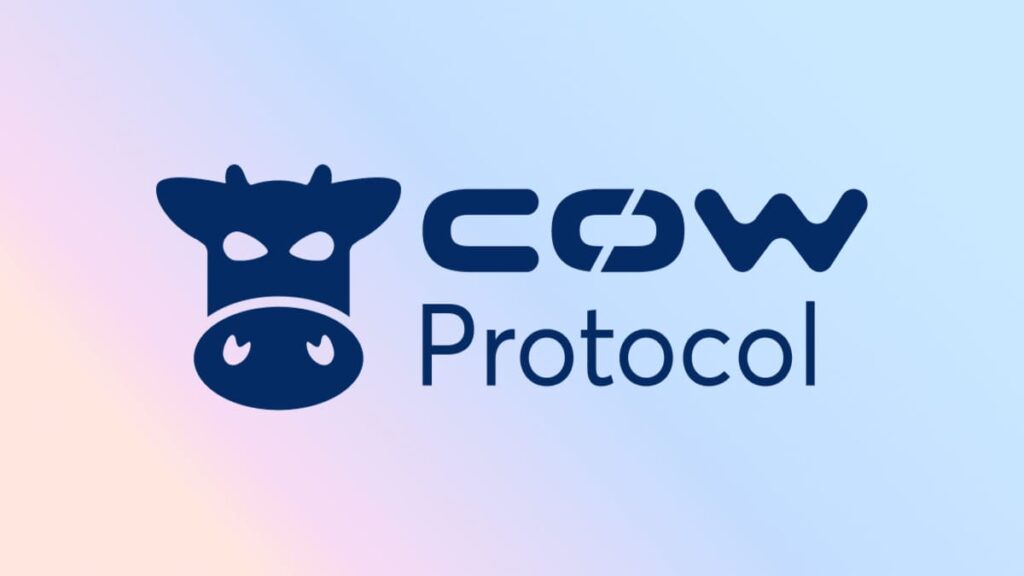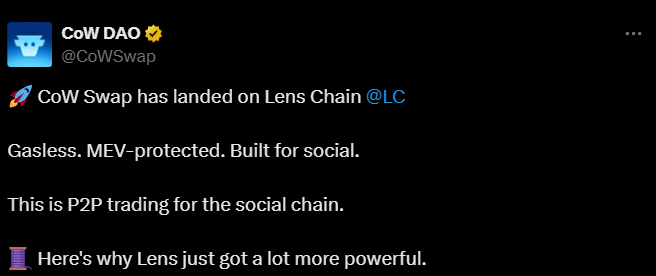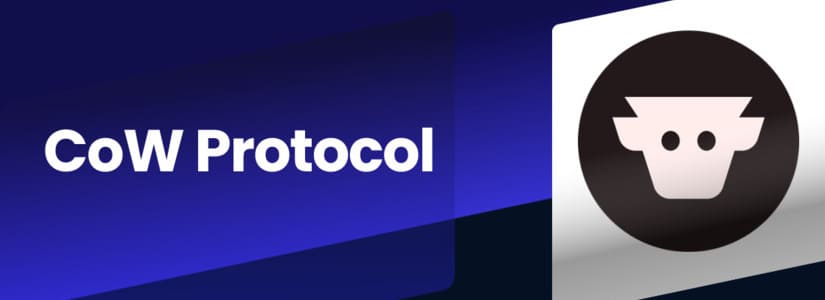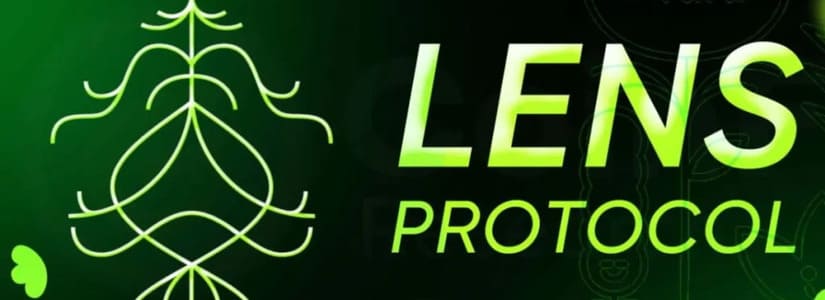TL;DR
- CoW Protocol launched on Lens Chain, enabling gas-free swaps protected against MEV with efficient transaction execution.
- The system supports market, limit, TWAP, programmatic, and Milkman orders, and allows developers to integrate Hooks for combined on-chain operations.
- A network of solvers routes orders through AMMs, aggregators, private market makers, and Coincidence of Wants, ensuring fair prices while eliminating fees and slippage.
CoW Protocol deployed its service on Lens Chain, introducing CoW Swap as a gasless trading layer protected against MEV.
The integration allows users to execute orders without worrying about fees, slippage, or wallet confirmations, while the protocol batches transactions and routes them through the most efficient paths. This streamlines activity within Lens-based applications, simplifying access to liquidity and the execution of complex trades.
The system offers multiple order types to meet specific needs. Users can execute market orders for immediate swaps, limit orders to set prices, TWAP orders to spread large trades over time, and programmatic orders that trigger under defined conditions, such as sending a token to a creator when a post reaches a certain number of interactions.
Milkman orders allow trades to execute only under optimal market conditions. For developers, CoW Hooks link swaps to on-chain actions, enabling combined operations like minting an NFT, joining a DAO, and acquiring governance tokens in a single transaction.
How CoW Swap Works
CoW Swap operates on an intent-based model. Each time a user indicates a desired swap, a network of solvers competes to fulfill the order efficiently. Transactions are routed through AMMs, aggregators, private market makers, and Coincidence of Wants, allowing two users to complete a swap directly without going through a pool, eliminating fees and slippage. All trades are processed off the public mempool, protecting orders from MEV attacks and ensuring fair pricing.
The integration on Lens Chain also expands CoW Swap’s presence on EVM-compatible networks, including Ethereum, Gnosis Chain, Arbitrum, Base, Avalanche, and Polygon. This gives developers access to established settlement infrastructure, enabling them to build new applications and experiences without managing execution complexity or MEV protection directly.
With this deployment, CoW Protocol provides a stable, flexible, and programmable infrastructure that facilitates the execution of complex swaps within Lens













